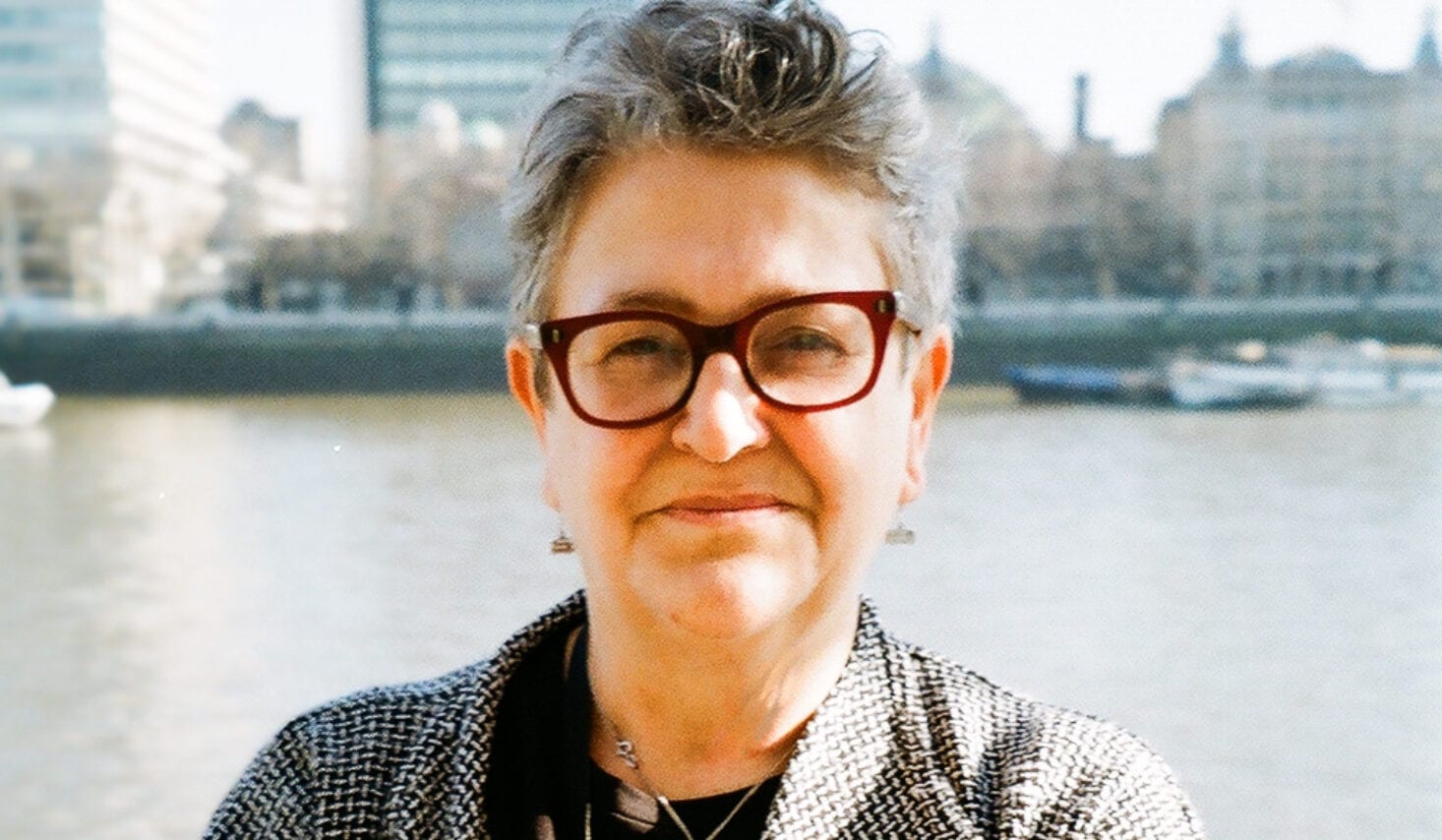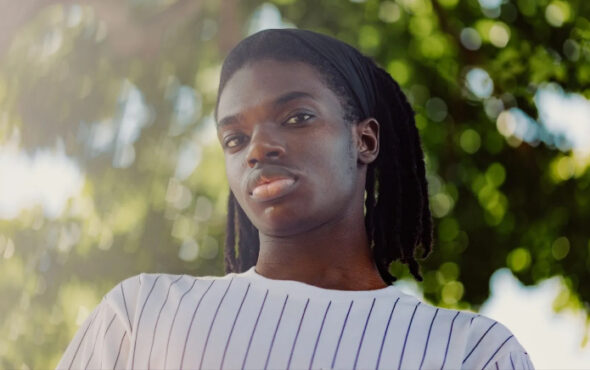
The All-Party Parliamentary Group on HIV & AIDS is a group of MPs and Peers – from across the political spectrum – who work together to fight for the rights of people living with HIV. Liz Barker, a Liberal Democrat Peer, is a leading member of the APPG on HIV & AIDS. She shares some of her insight into HIV with GAY TIMES for World AIDS Day.
What made you want to get involved in the APPG on HIV & AIDS?
Since the early days of the epidemic I knew people who were positive, and I lost friends early on. Then in 1994/1995 Age Concern (today Age UK), did the first work in Europe on older people and HIV/AIDS. I was part of that team, so when I came into Parliament the APPG on HIV & AIDS was the first one I joined.
In terms of the APPG’s work, which achievement are you most proud of?
The APPG has done amazing work over the years. We have produced excellent reports on everything from access to antiretroviral drugs in low and middle income countries, through to lack of mental health services for people with HIV in England and Wales. That said, what I am most proud of is that we are led by the community and so we always ensure that women and people of colour are always included in everything we do. That has enabled us to keep the subject alive and avoid HIV fatigue.
Viruses are never good, but we can learn to live with them, and in so doing love safely with one another.
What do you think is the greatest challenge facing people living with HIV in the UK?
In the UK the stigma around HIV leads to people not being tested as early as they could be, which negatively impacts their health and the NHS. There is a lack of awareness about U=U [Undetectable = Untransmittable – when HIV medication suppresses the virus to undetectable levels. People living with HIV with an undetectable viral load cannot transmit HIV sexually]. But perhaps the biggest challenge, and it is for all of sexual and reproductive health, is cutting back on already fractured services. People cannot access the services they need in a timely and appropriate fashion and so transmissions happen when they could be prevented.
In terms of HIV in the UK, are there any areas you would like to highlight as deserving attention?
I would like to see a concerted effort by all services to tackle the causes of health inequality. There is no justification for people of colour – both men and women – having consistently poorer outcomes than other people. We all have to make sure that organisations such as the Naz Project, Positively UK and CHIVA are front and centre in decisions about future service design.
Why does World AIDS Day remain so important?
World AIDS Day is important for many reasons. It is an annual reminder of all the great work that goes on unnoticed every day. It is a time to remember friends and loved ones we lost too soon. It’s a day on which to say HIV ain’t over till it is over for everyone. And in 2020, it is a moment in which we can say something very important to the rest of the population. Viruses are never good, but we can learn to live with them, and in so doing love safely with one another.


